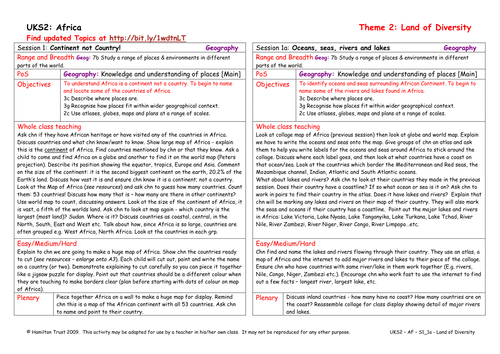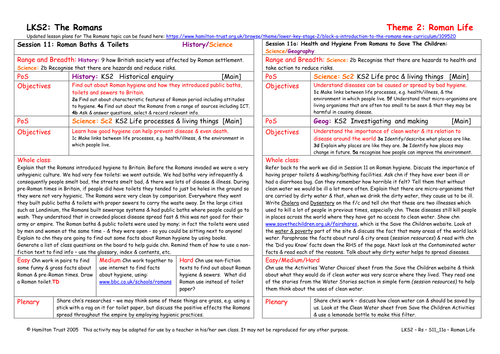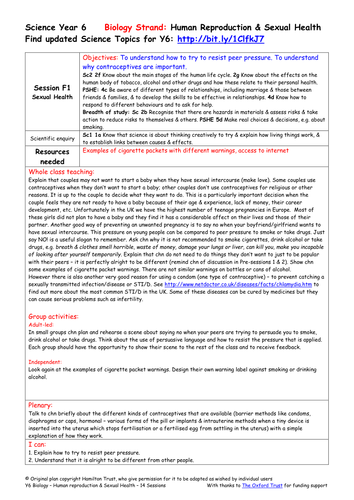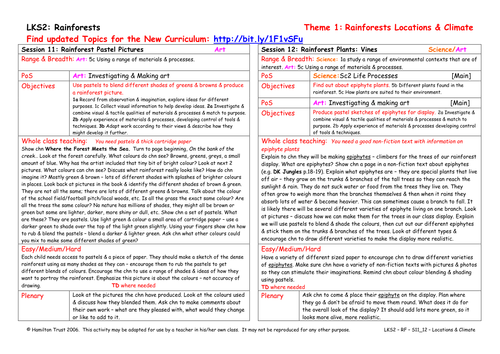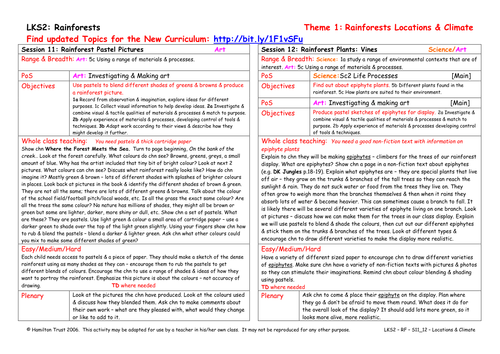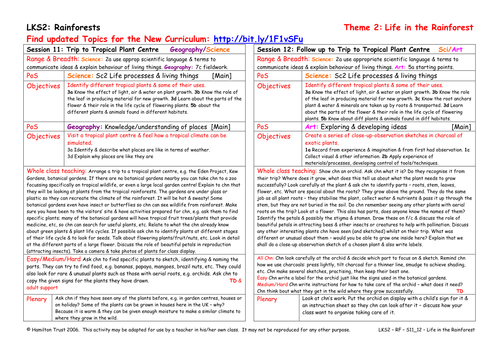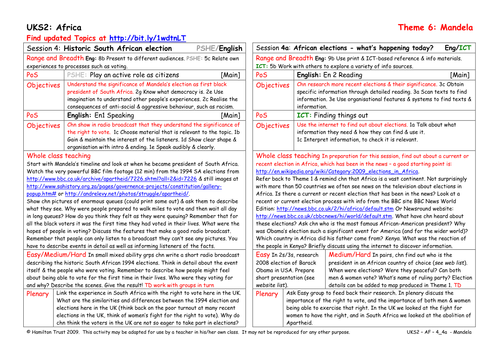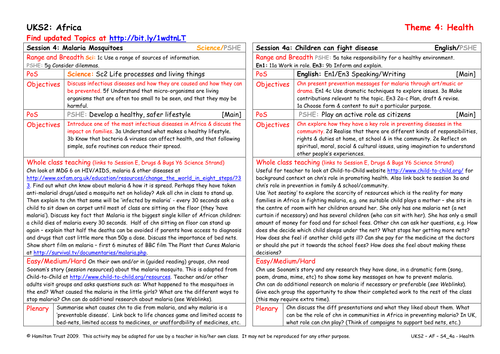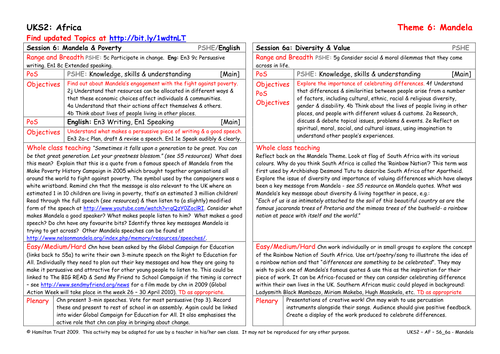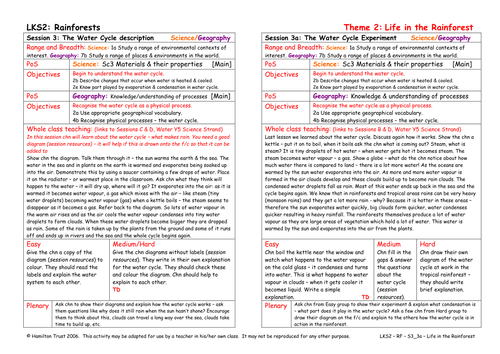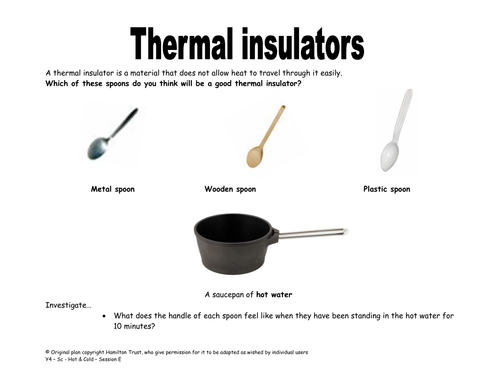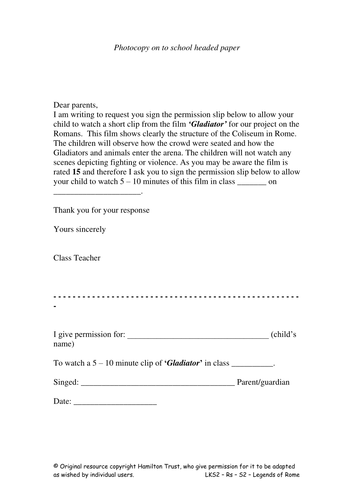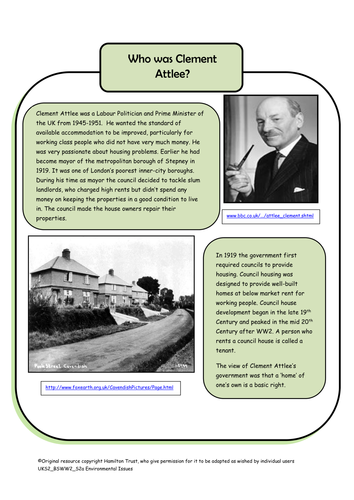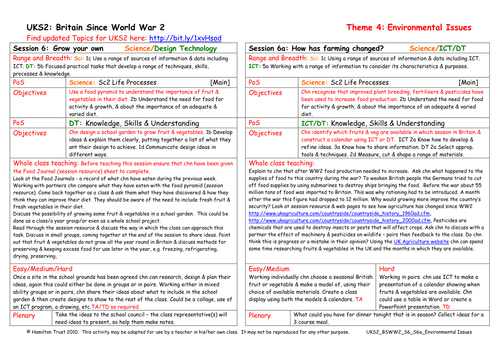
397Uploads
10037k+Views
11642k+Downloads
Cross-curricular topics

Family Food
Consider where the food that we eat comes from. Grown at home, locally or in another country? Discuss food miles. Who does the shopping, cooking, washing up? Where does the water come from? Cook a meal/dish and write the recipe to send to your link school. Suitable for years 5 and 6.

Italy & The UK
Following the work in Session 11, chn consider how Italy fits into the categories of countries in the modern world. After a discussion of the difference between developed and developing countries, children identify the differences between Italy and the UK.
Suitable for years 3 and 4.

Oceans, seas, rivers and lakes
Following their personal choices in session 1, children research the countries they identified. They mark physical features on their maps, including rivers, lakes, deserts and mountains. They also identify the oceans and seas.
Suitable for years 5 and 6.

Magnetic Attraction and Repulsion
Following session 7, children look at which types of material are attracted by magnets and which are not. Using an experimental approach, they also investigate the two magnetic poles on a magnet and what happens when like is placed against like, etc.
Suitable for years 3 and 4.

Roman Baths & Toilets
In this session children look at how the Romans improved hygiene arrangements across the empire by providing clean water and drains for sewage. Children investigate Roman toilets and baths, and discuss the positive effects of these innovations.
Suitable for years 3 and 4.

Sexual health
Session 1 - Have discussion about contraceptives as a way of preventing an unwanted pregnancy, but also explain that they can help protect against sexually transmitted infections and diseases. Use drama to practise saying no to peer pressure for smoking, alcohol or drugs. Children design warning labels.
Session 2 - Discuss one sexually transmitted disease / infection in more detail – HIV / Aids. Ensure children understand difference between having the virus and the syndrome. Watch a video by children living with an HIV mother and discuss stigma involved with HIV / Aids. Look at statistics and discuss Memory Books and World Aids Day.
Suitable for Y6 pupils.

Rainforest Pastel Pictures
Using Where the Forest Meets the Sea children study in detail the palette of colours created by the rainforest. Then using pastels and blending techniques children create a pastel rainforest picture.
Suitable for years 3 and 4.

Rainforest Plants - Vines
Epiphytes are small plants that live not in the soil but happily up on the branches of trees in the layers of the rainforest. In this session children find out more and create pastel epiphytes for the Rainforest display.
Suitable for years 3 and 4.

Trip to Tropical Plant Centre
In this session children get up close and personal with tropical plants on a visit to a botanical garden, zoo or even a large garden centre. Children find out more about conditions for growth and the life cycles of different plants.
Suitable for years 3 and 4.

Historic South African election
Black Africans were very eager to vote in the 1994 South African election. Discuss the significance of Mandela’s election as the first black president in South Africa. Use historic film footage to show queues of voters and reactions to the election.
Suitable for years 5 and 6.

Children Can Fight Diseases
Children present through poetry, role play, song or dance, an action that can be taken to prevent malaria.
Suitable for years 5 and 6.

Diversity and Value
Through artwork/ poetry/song the significance of the ‘Rainbow nation’, and of valuing diversity, is celebrated.
Suitable for years 5 and 6.

The Water Cycle Experiment
In this session children get a better understanding of why there is so much rain in rainforest regions. Chn create simple explanations in wordsildren pictures and diagrams.
Suitable for years 3 and 4.

Thermal insulators & conductors
The properties of materials relate to their use as everyday objects such as spoons. Children test the insulating properties of various stirrers & discuss everyday uses of materials for thermal insulation or conduction. Look at diff meanings of word conductor. Suitable for Y4 pupils.

Amphitheatres, the Colosseum
Children continue the work on the Coliseum in Rome. They find out about its history and then identify and locate this building in today’s Rome. Pointing out that it can be visited, chn look at tourist brochures and plan a visit!
Suitable for years 3 and 4.

Why things float
Why do some materials/objects float or sink? Talk about different materials used to make boats & ships. Carry out investigations: can children make plasticine float? How many pebbles/marbles will sink a plastic container? What happens when you blow air into water? Suitable for Year 1 pupils.

Council Houses
Children recognise the need for affordable social housing. Groups discuss different forms of affordable housing – council houses, tower blocks, housing associations, prefabs.
Feedback to class with pros and cons and decide which would be most useful after a problem.

Effects of Human Land Use
Children read the description of a fictional tourist town, they consider the way the town is dependent upon the tourist industry that surrounds the Coral Lake.
A proposed new bylaw aims to change things – what effects will this have? Children hold a town meeting.

Grow Your Own
Children compare a food journal they have kept with a food pyramid which gives the recommended servings of different food groups. The need to include fruit and vegetables is highlighted and children design a garden to grow their own.



